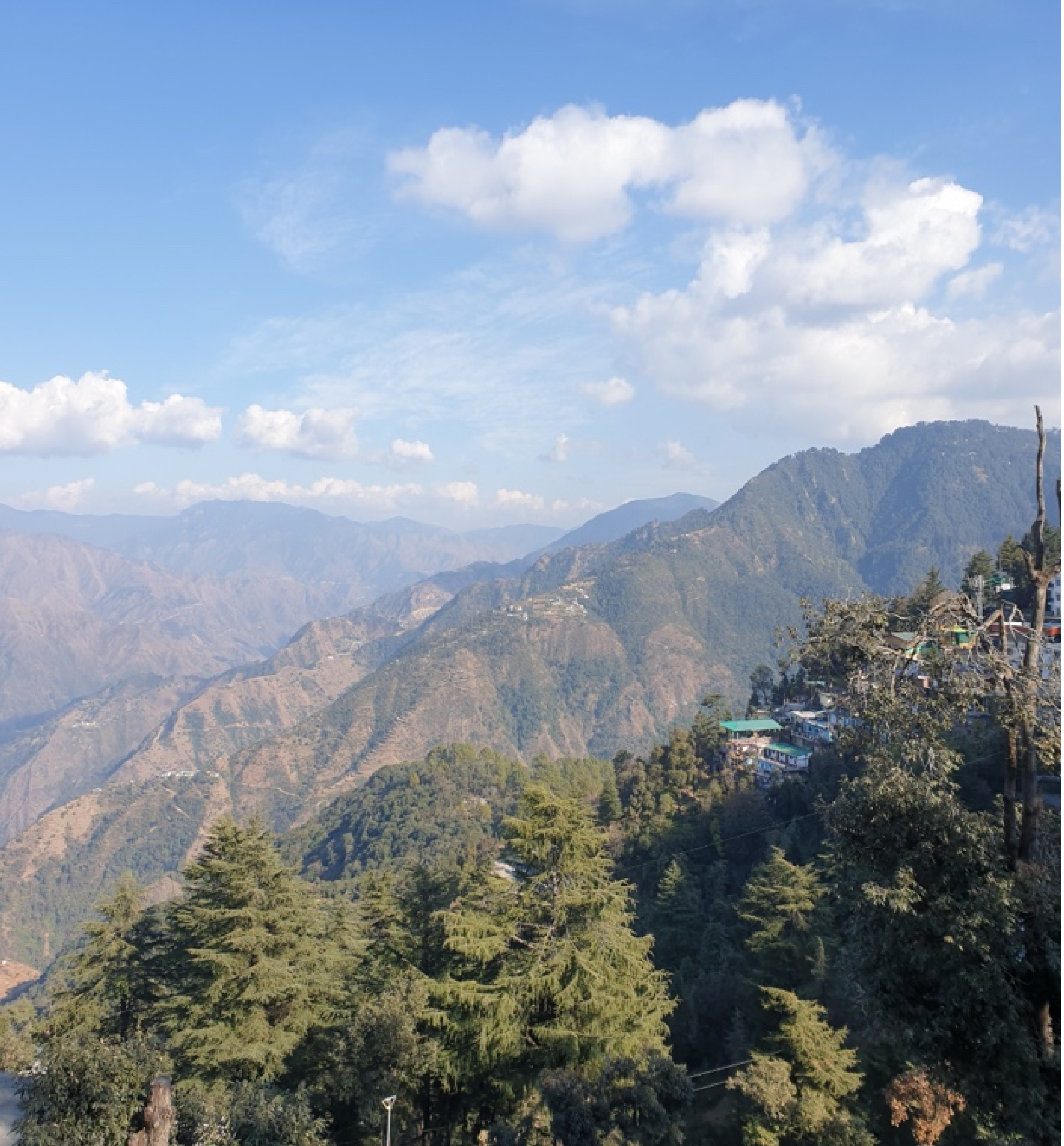On International Women’s Day, Pragya in India mobilised communities in five districts across three states in the first phase of its biannual ‘Know Your Rights’ campaign under the project 'Comprehensive primary prevention programme addressing violence against ethnic minority women in India’ focussed on the community-led interventions to address violence both within family or private sphere and violence that occurs in the community or public sphere. The project is currently running in the states of Rajasthan, Assam, Bihar, Jharkhand and Himachal Pradesh, with a special focus on the tribal population. In order to create safer and enabling environment for women and girls, Women Peer Group (WPG) leaders across 5 states are actively engaging the community members to provide guidance on health, nutrition, rights, and issues related to violence against women and girls (VAWG) and empower girls by taking collective actions to prevent VAWG in the target communities.
 |
Women participate in KYR campaign in Lakhimpur, Assam
|
These WPG leaders, the anchors of the project conducted the KYR campaign by organizing an interactive street-play called “Ramli kyu maar khaye?” portraying one day in the life of a rural woman fictionally called Ramli, who faces domestic violence and how others in the village like mukhiya, Women Peer Group leaders and neighbours around her come forward to combat the violence done to Ramli and positively influence her husband (fictional name Devilal) to say no to violence by informing him about the adverse effects of violence on women and the existing laws that women can use to exercise their rights. The audience applauded the performance of Pragya volunteers and had a lively discussion with the staff on countering violence against women.
The rallies conducted had the participation of both community members and school students. The posters which were developed for the campaign highlighted the issue of domestic violence, education of and celebrating the girl child. The message through these activities emphasized that as responsible citizens, we should not remain as mute spectators when we see any form of violence in our neighborhood and to deal with every act of violence in a collective and concerted manner. Around 731 people participated actively in the street play on domestic violence and the rally along with an extended outreach of over +1500 observers of the rally.
 |
School children in Chamba participate in the rally
|
The campaign also employed stimulating media like SMSs in vernacular focussing on the messages related to eliminating violence and women and educating girl child. These messages reached out to over 10,000 people in the target districts. The campaign also underlined the need to ensure safe domestic spaces and recognize that domestic violence exists around all of us and there is a need to come together to uproot this evil practice which enabled a platform to villagers to voice out their concerns and emerging needs related to construction of toilets for girls in the government schools, safety of girls and domestic violence. The stakeholders also informed the villagers on various mechanisms and bodies functioning at the village and panchayat level to help and guide aggrieved women on violence-related cases and ease out the legal process.
The event saw a magnificent turnout from the local communities who were moved by the essence and spirit of the message, “Har vyakti ka hain yahi kehna, hinsa ko ab nahi hain sehna!” (Every person says, we won’t tolerate violence!). In some of the locations, like Sonitpur and Lakhimpur, people also traveled from different villages to the location of the campaign, sharing the need to have such campaigns in their villages for sensitization on the issue of domestic violence.
 |
Our campaign event covered in Dainik Bhaskar, Rajasthan
|
The Know Your Rights campaign was also covered by the local vernacular newspapers in all the three states. The Know Your Rights campaign would continue for the next 2 months where Pragya will continue engaging the communities to create safer and healthier spaces for women and girls.





